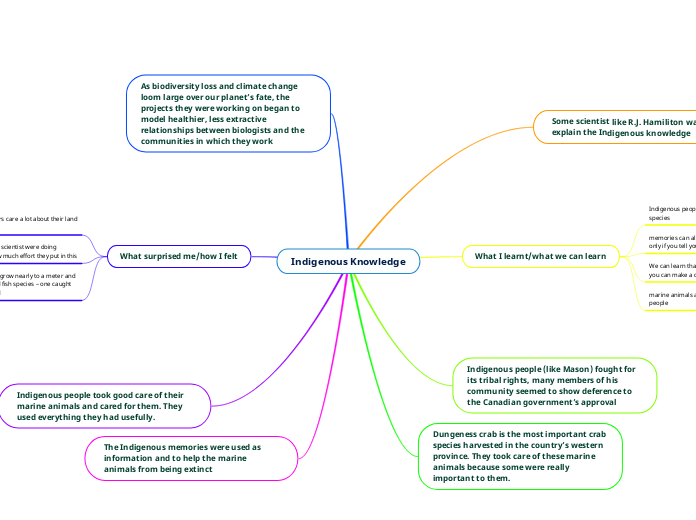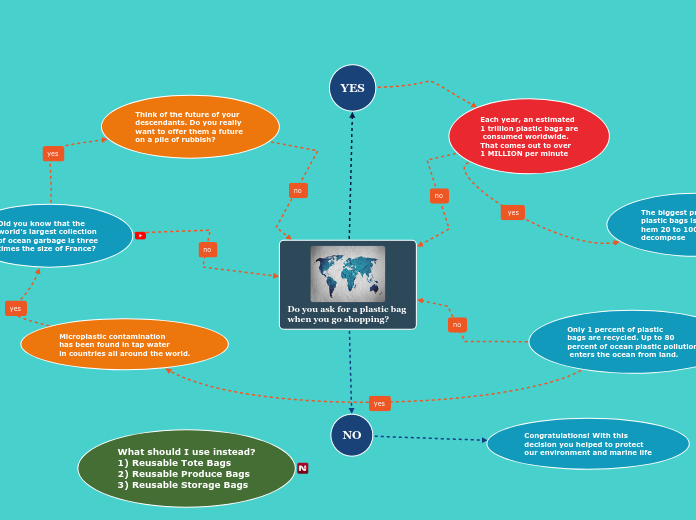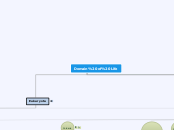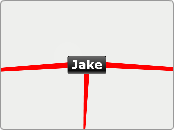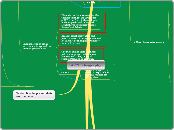af Dhanda Aditi 3 år siden
190
Indigenous Knowledge
Indigenous communities possess a rich reservoir of knowledge and practices crucial for the conservation of marine life. Their deep connection to the environment ensures the sustainable use and protection of resources like the Dungeness crab, highlighting the importance of traditional practices in modern conservation efforts.
